Heatwave warning: Hot African air brings scorching heat, dust to Europe as experts predicts hottest day ever with 48C temperature
EUROPEANS are preparing for the hottest weather in decades, with temperatures expected to soar to dramatic heights in coming days.
MEDITERRANEAN countries have issued severe weather warnings as a heatwave pushed temperatures above 40C in Europe and falling water levels exposed World War Two munitions along the banks of a river in Germany.
Hot air from Africa is bringing the heatwave to Europe, prompting health warnings about Sahara Desert dust and exceptionally high temperatures that are forecast to peak at 48 degrees Celsius in some southern areas.
The torrid weather meant that public services were put on alert in Spain and Portugal.
Temperatures were forecast to reach 44 degrees Thursday in the Portuguese city of Evora, 130 kilometres east of the capital of Lisbon, and in the Spanish province of Badajoz, across the border.
A hot air mass was moving northward from Africa, authorities said, warning that the mercury could peak at 47 degrees Celsius this weekend in the southern Portuguese town of Beja. The Sun predicts it could peak even higher at 48C.
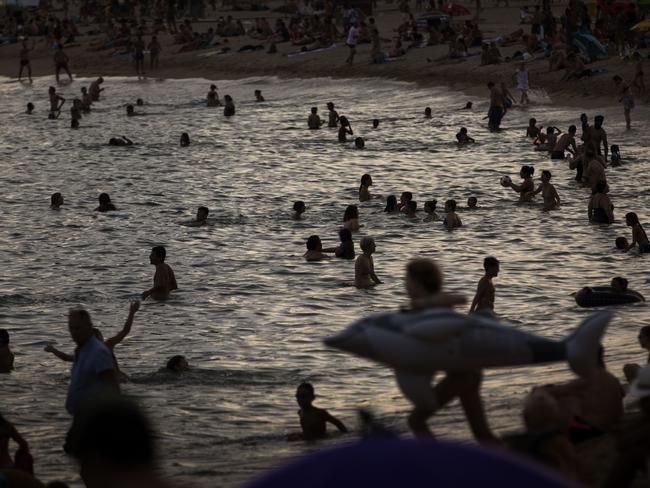
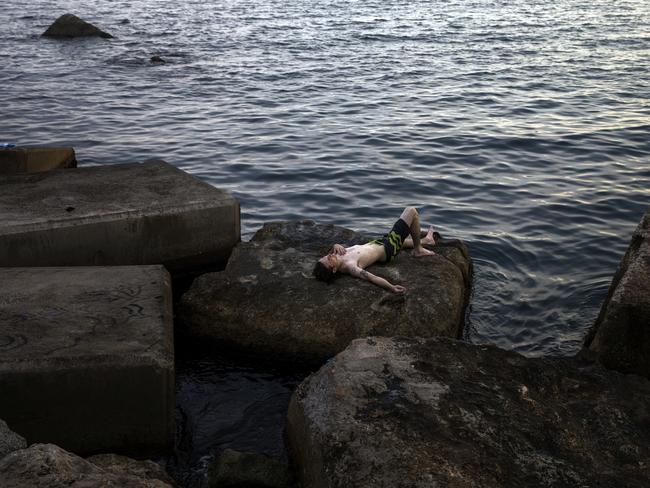
Italy issued red alerts — the highest of three warning levels — across the centre and north, indicating widespread health risks in cities including tourist magnets Rome, Florence and Venice.
Heatwaves have become common in Italy, and between 2005 and 2016 some 23,880 people died in 23 Italian cities of heat-related problems, a report by the region of Lazio found.
Forecasters expect Italy’s heatwave to break over the weekend with powerful thunderstorms across much of the country.

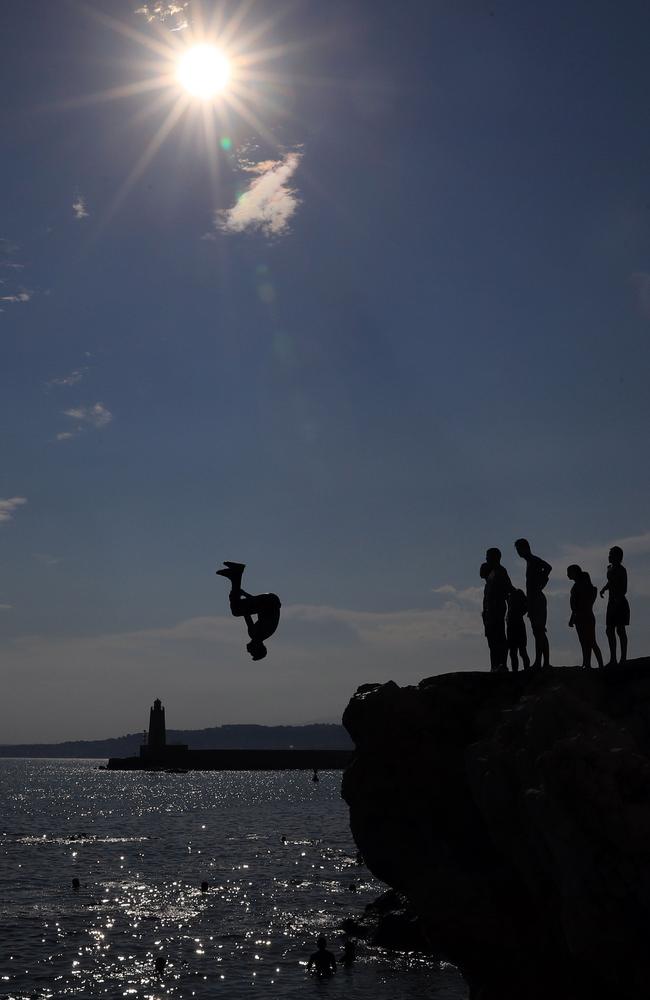
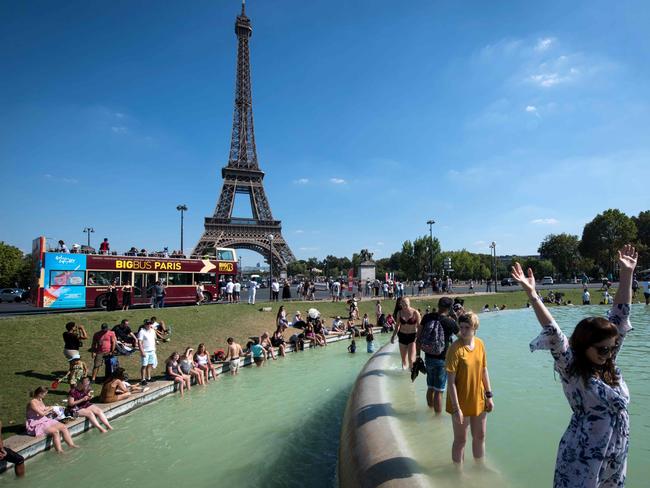
Portuguese authorities issued a nationwide health warning, including for dust from the Sahara Desert. Warnings were also issued for 40 of Spain’s 50 provinces.
Portugal said temperatures in the coming days could beat records and warned of a high risk of forest fires, fearful of a repeat of blazes that killed 114 people in 2017, a disaster that forced the interior minister to resign. Wildfires in Greece last month killed 91 people.
Up north in Sweden, the country’s official tallest point is set to change amid record temperatures.
Scientists said a glacier on Mount Kebne, the Scandinavian country’s highest peak at 2,111 meters is melting and is no longer Sweden’s tallest point.
Gunhild Rosqvist, a Stockholm University professor in geography, said the glacier lost four meters of snow in July alone as Sweden endured record temperatures that triggered dozens of wildfires, even in the Arctic Circle.
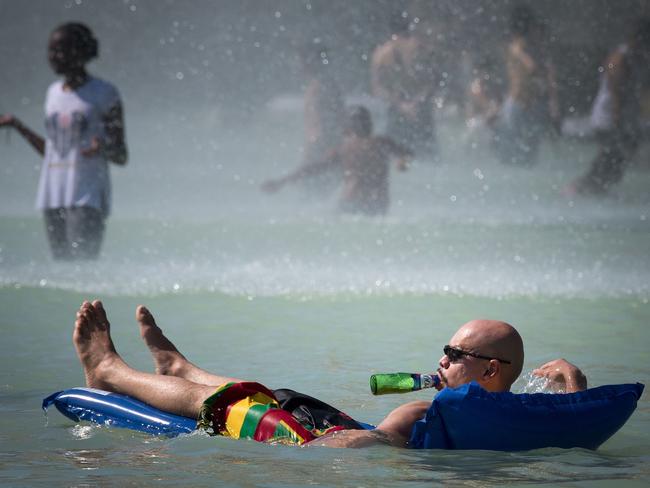
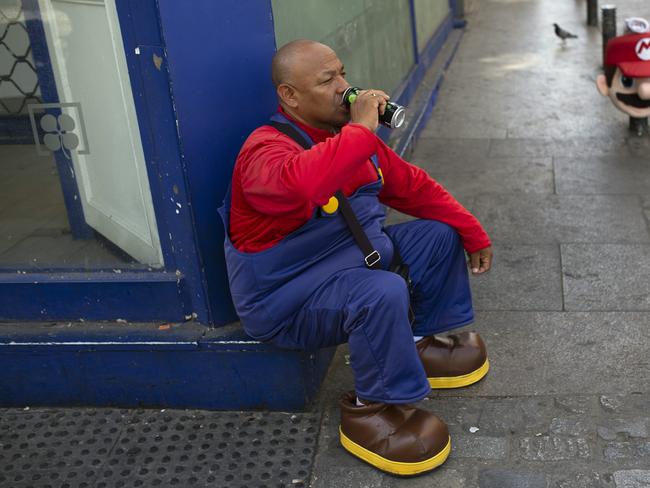
In neighbouring Finland, a supermarket came up with a novel way of escaping the heat. The K-Supermarket said on its Facebook page that patrons hoping to cool down could sleep overnight in its airconditioned store in Helsinki. Homes in Finland are designed to handle the extreme cold and damp typical of the Nordic region, not the recent high temperatures.
In the eastern German state of Saxony-Anhalt, police warned people not to touch the grenades, mines and other weapons that have emerged from the mud on the banks of the River Elbe since the heatwave caused a drastic reduction in the water level.
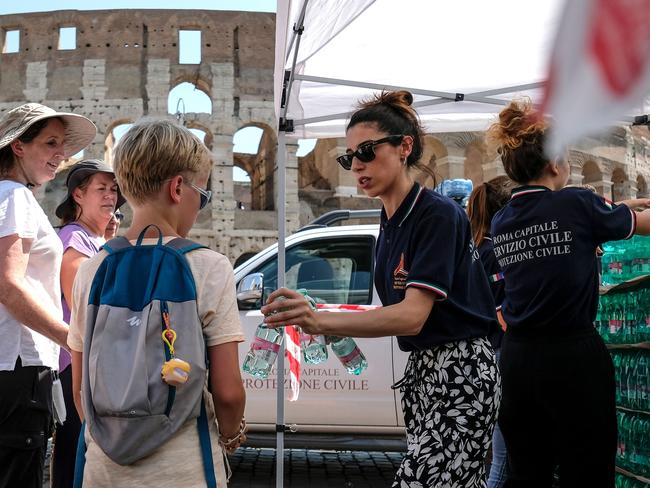

In just a few weeks, police have found 24 pieces of World War Two munitions — dumped at the end of the conflict by Russian, Western and German forces — near the water, compared with 12 in the whole of last year.
Specialist technicians are working overtime to make them safe, in some cases defusing them on site.
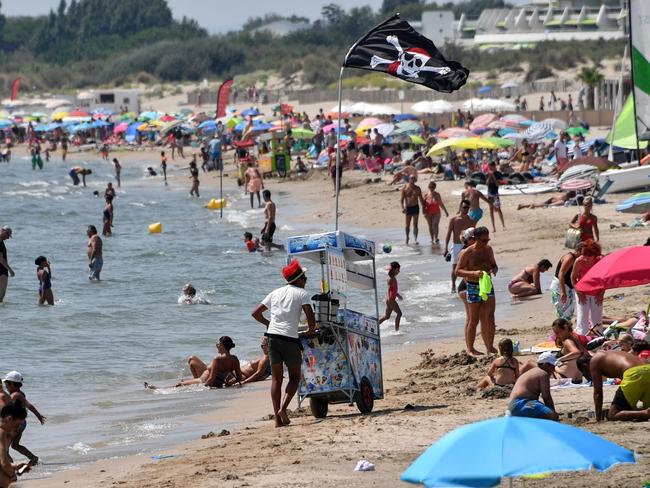
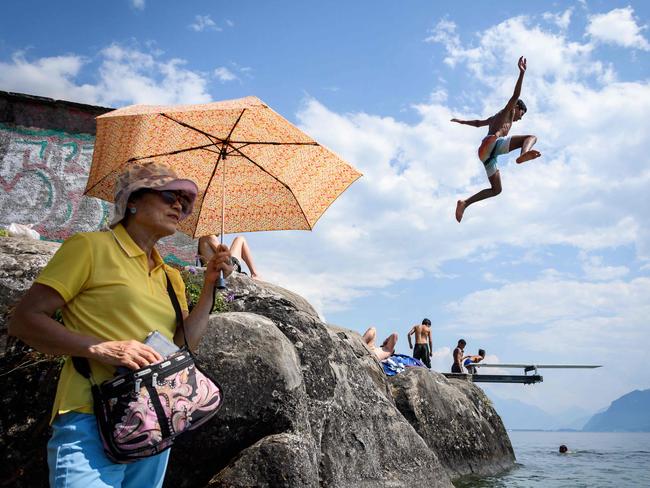
In eastern Europe, Poland endured unusually high temperatures up to 34 degrees Celsius (93.2 Fahrenheit), forcing its power plants to go into emergency mode to increase output due to the wide use of airconditioning and electric fans. In the streets of Warsaw, the Polish capital, authorities placed cooling water installations around and advised people to stay indoors. Dozens of the country’s Baltic Sea beaches have “no swimming” warnings due to health risks from algae blooms.
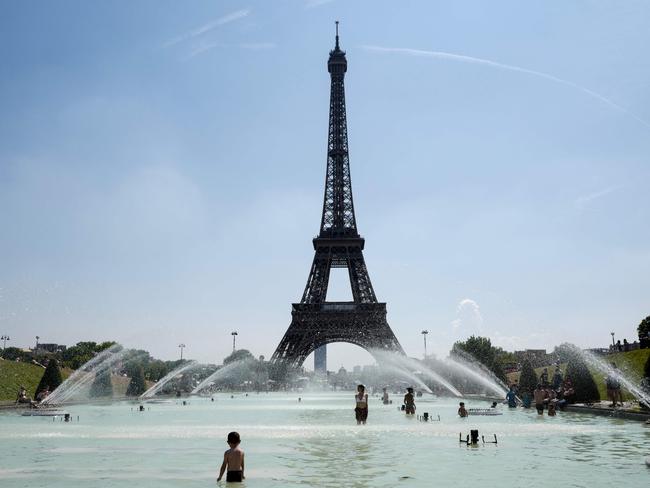
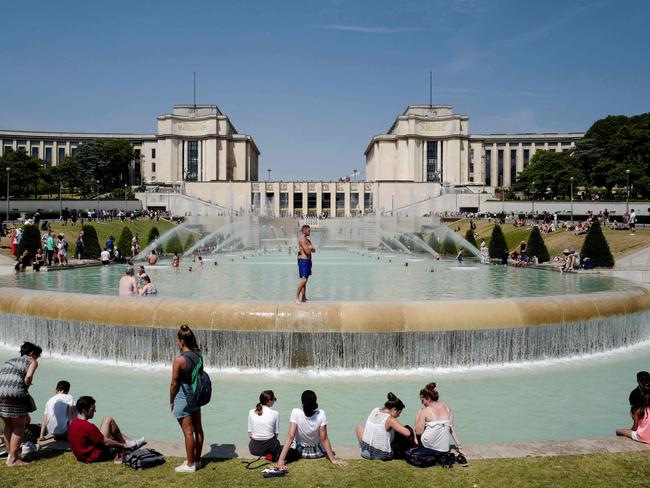
Farmers across the continent were battling the effects of drought, so the European Union offered to speed up funds to help them cope. German farmers have already asked their government for 1 billion euros ($1.17 billion) in financial aid to help cover losses from this year’s poor harvest.
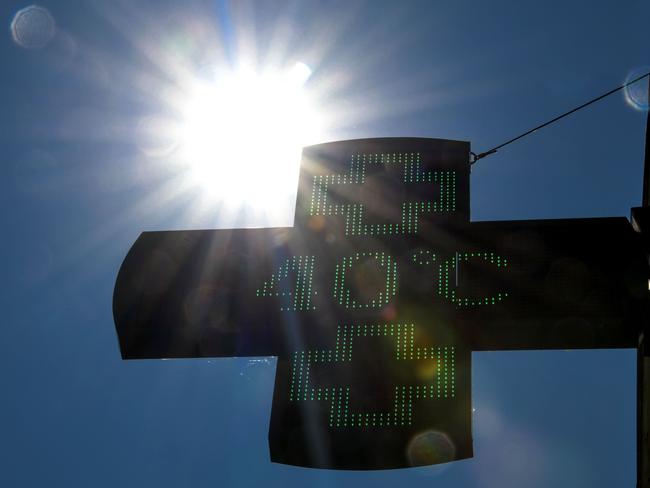
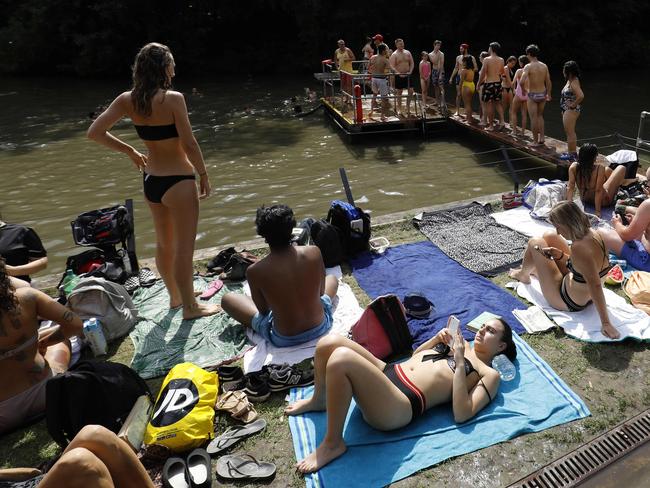
The Korean peninsula has been gripped by a scorching heatwave in recent weeks, with dozens of deaths in the South blamed on soaring temperatures that have hit all-time highs.
South Korean Meteorological Administration issued a heatwave warning for Seoul and other cities.



